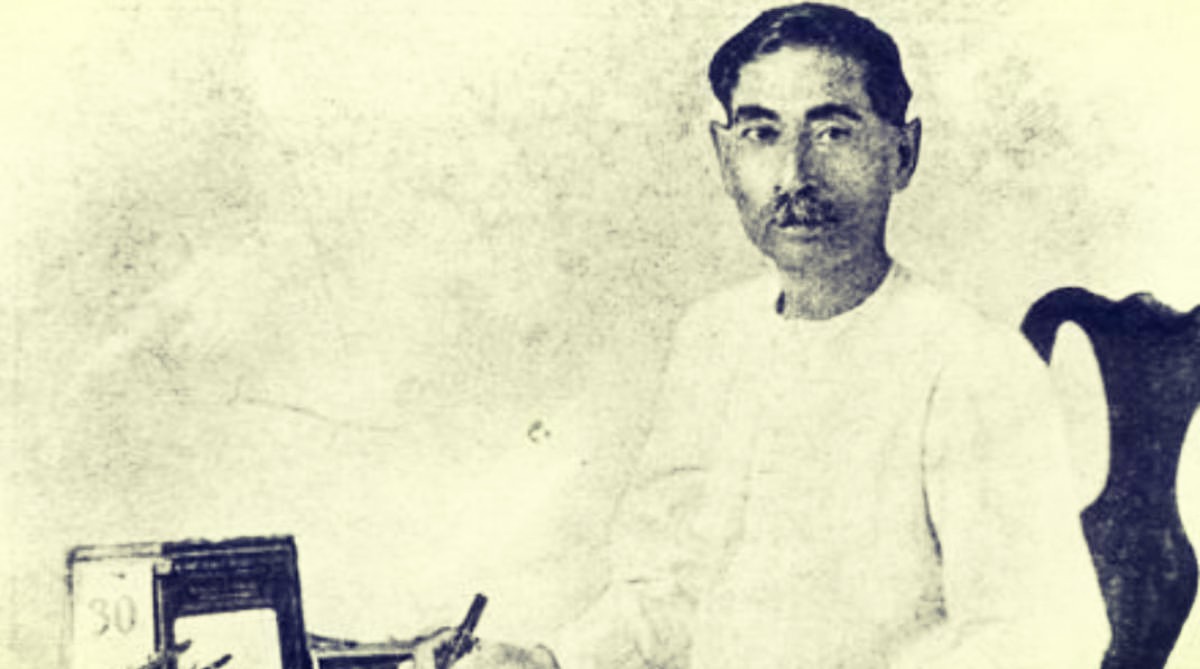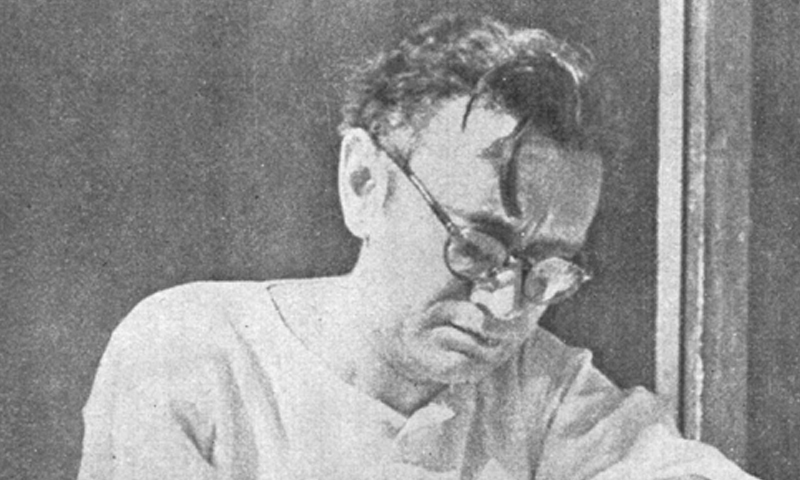What is the role of literature in human society? What is the importance of literature? It is even necessary? Or it is just a mean to entertain a handful of affluent people? There were numerous questions like these that were popping inside the mind of Indian writers in the 1930s.

Although these questions are universal and throughout the civilization have made the critic ponder on these enigmatic aspects of literature. But during the last decades of colonialism in India, progressive writers gave these thoughts a shape in form of the All India Progressive Writers’ Association (AIPWA).
Birth of the Pragatisheel Lekhak Sangh
After the Revolt of 1857, India saw a revival in art; especially literature with the help of modern printing facilities. Literature in those decades was a powerful weapon to awake the national consciousness of Indians against Colonialism.
Bankimchandra Chatterjee, Altaf Hussain Hali, and Bhartendu Harish Chandra were the prominent literary figures who propagated the nationalistic literature. But after the Bolshevik Revolution in Russia, a new wave of ideology surfaced in the Indian subcontinent.
A new trend of literary work which was based on socialism and anti-imperialism found itself flourishing in India. The Progressive Writers’ Association became the fulcrum of this genre.
Munshi Premchand and Progressive Writers’ Association
Pragatisheel Lekhak Sangh came into existence in April 1936 officially. The book named Angaaray, which had stories by Sajjad Zaheer and Ahmed Ali acted as a catalyst for the initiation of this movement. During the inaugural speech in Lucknow, Munshi Premchand, in his precise and crystal clear speech, showed the necessity of this new literary trend by saying,
The literature which does not make us face the grim realities of life in a spirit of determination has no use for us today. It cannot even be termed as literature.
Premchand
Premchand emphasized on the role of writers and poets in colonial India as the flag bearer of social justice. He, in his inaugural speech in Pragatisheel Lekhak Sangh, added
It becomes his duty to help all those who are downtrodden, oppressed, and exploited – individuals or groups – and to advocate their cause. And his judge is itself – it is before society that he brings his plant. He knows that the more realistic his story is, the more full of expression and movement his picture, the more intimate his observation of human nature, psychology, the greater the effect he will produce.
Premchand
Other Stalwarts of the Time
This progressive writers’ movement with the objective of independence of India from the British and social equality for every human, gain wide acclaim from the underprivileged strata of society as well as from prominent figures like Rabindranath Tagore and Sarojni Naidu although their support was lukewarm.

The stories and poetry written by the writers and poets of this movement became the epitome of the struggle for freedom and equality. Without the momentum created by the progressive writers’ movement, one cannot imagine the revolutionary poems of Faiz Ahmad Faiz, Ali Sardar Jafari, Asrar-ul Haq Majaz, Majrooh Sultanpuri, and the stories of Munshi Premchand, Manto, Mulk Raj Anand, Ismat Chugtai, Amrita Pritam. Their works started a literary genre that depicts the story of common people and their’ daily struggle.
Fading of the Movement
After Independence, writers and poets of this movement highlighted the trauma caused by the partition. But with time this movement lost the energy it once possessed. And by the end of the twentieth century, it fades into oblivion. But the literary history of the 20th Century in the Indian Subcontinent would be incomplete without mentioning this movement. For the upcoming generation, those poets and writers leave a legacy to fight against every injustice and evil of the society. As Majaz has said,
Tu Inquilab ki aamad ka intezaar na kar
Jo ho sake toh abhi inquilab paida kar.
Majaz

I am a poetry writer and intend to become a member.